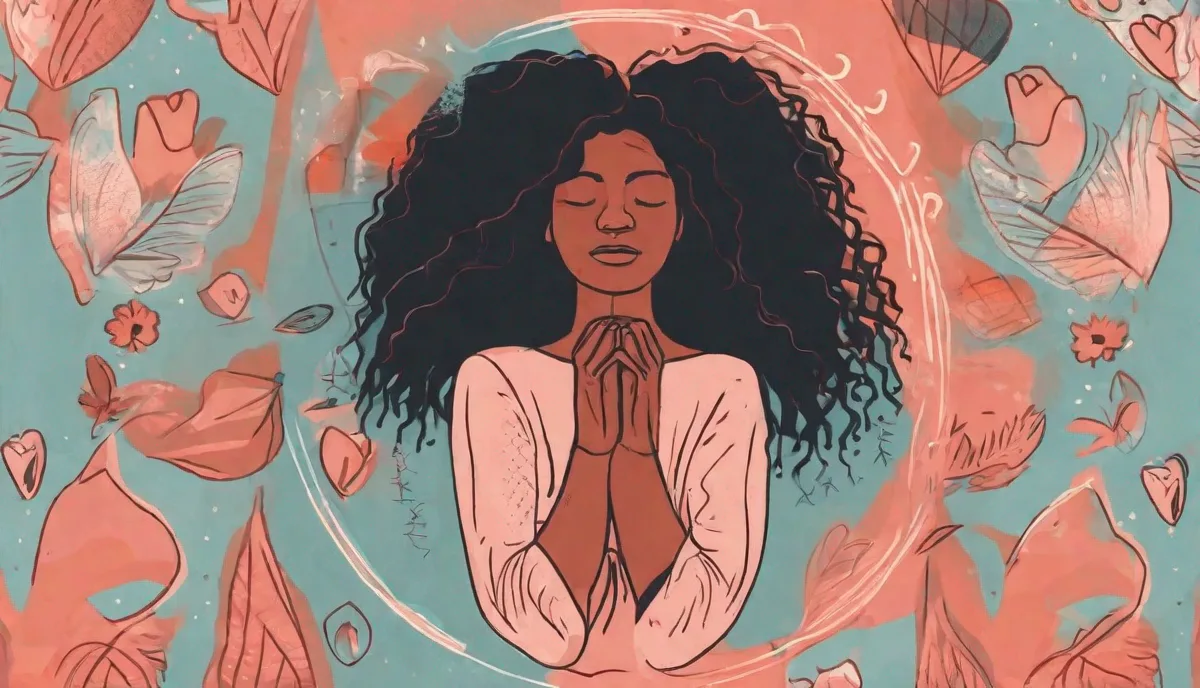Every February, Black History Month honors the achievements, struggles, and history of the African American community. It’s a time for reflection, education, and inspiration. In the spirit of celebration and remembrance, here are 13 motivational quotes from influential African American figures that will inspire you throughout Black History Month and beyond.
Embracing Our Past to Inspire the Future
Understanding our history is vital to making sense of the present and shaping a better future. These quotes remind us of the resilience and determination that mark the African American journey.
“In recognizing the humanity of our fellow beings, we pay ourselves the highest tribute.” – Thurgood Marshall, first African American U.S. Supreme Court Justice
“The cost of liberty is less than the price of repression.” – W.E.B. Du Bois, Civil Rights Activist and Historian
The Power of Dreams and Vision
Great leaders inspire us to dream and to see beyond our current circumstances. These quotes encourage us to hold onto our vision for a brighter tomorrow.
“I have a dream that my four little children will one day live in a nation where they will not be judged by the color of their skin, but by the content of their character.” – Martin Luther King Jr., Civil Rights Leader
“The future belongs to those who prepare for it today.” – Malcolm X, Human Rights Activist
Resilience and Overcoming Adversity
Adversity has been a constant in the African American narrative, but so has resilience. These quotes highlight the strength required to overcome obstacles.
“You may not control all the events that happen to you, but you can decide not to be reduced by them.” – Maya Angelou, Poet and Civil Rights Activist
“I don’t want a Black History Month. Black history is American history.” – Morgan Freeman, Actor and Narrator
Education and Lifelong Learning
The value of education in advancing civil rights and personal growth cannot be overstated. These quotes emphasize the transformative power of education.
“Education is the passport to the future, for tomorrow belongs to those who prepare for it today.” – Malcolm X, Human Rights Activist
“Knowledge makes a man unfit to be a slave.” – Frederick Douglass, Abolitionist and Statesman
Love and Unity
At the heart of many civil rights messages is the call for love and unity. These quotes serve as a reminder of the love that binds communities together.
“I refuse to accept the view that mankind is so tragically bound to the starless midnight of racism and war that the bright daybreak of peace and brotherhood can never become a reality… I believe that unarmed truth and unconditional love will have the final word.” – Martin Luther King Jr., Civil Rights Leader
“My humanity is bound up in yours, for we can only be human together.” – Desmond Tutu, Social Rights Activist
FAQs About Black History Month
In this section, we answer some common questions about Black History Month to deepen our understanding and appreciation for this important observance.
Why do we celebrate Black History Month?
Black History Month is celebrated to recognize the contributions and achievements of African Americans throughout U.S. history and to educate the public about the experiences of the African American community.
When did Black History Month start?
Black History Month began as Negro History Week in 1926, created by historian Carter G. Woodson. It was later expanded to a full month in 1976.
How can I participate in Black History Month?
You can participate by attending local events, supporting Black-owned businesses, educating yourself and others, and reflecting on the impact of African Americans in history.
What is the theme for Black History Month this year?
The theme for Black History Month changes each year. It is chosen by the Association for the Study of African American Life and History (ASALH) and often reflects current issues and milestones.
How can Black History Month inspire change?
Black History Month can inspire change by highlighting past and present injustices, encouraging dialogue, and motivating individuals to take action towards equality and justice.





